Facts & FAQs
Frequently Asked Questions & Egg-citing Facts
With over 40 years of poultry farming experience and insights from the British Red Lion scheme, we’ve compiled answers to your most common questions and some fascinating egg facts. If you have more questions, feel free to reach out!
Are eggs good for you?
You would be hard-pressed to find a food that contains such an ideal mixture of nutrients as eggs as they are one of nature’s superfoods; fitting into many diets and lifestyles. Along with high levels of quality protein, eggs are naturally rich in vitamin D, B2 (riboflavin), vitamin B12, iodine, and selenium and they contain several other essential dietary vitamins and minerals.
Are raw and runny eggs safe to eat?
The Food Standards Agency has confirmed that raw and runny eggs are safe for all including vulnerable groups such as pregnant women, weaning babies and the elderly!
As long as they have the British Lion stamp of approval, which every St. Ewe egg has, you can dip away! All eggs stamped with the British Lion mark have been produced under the stringent requirements of the British Lion Code of Practice which ensures the highest standards of food safety. The code covers the entire production chain and ensures strict food safety controls including the guarantee that all hens are vaccinated against Salmonella and a ‘passport’ system ensuring that all hens, eggs and feed are fully traceable. Download the Egg Info PDF for more info.
Delivering quality, safe, nutrient-packed, free-range eggs to the market is what gets us out of bed every day. We ensure the highest standards are met across all of our partner family farms and for our beloved hens because good nutrition starts with them.
How do you know if an egg is fresh?
You can check egg freshness by placing the egg in a glass or bowl of water. Fresh eggs will sink and lie flat on the bottom, while older eggs will stand upright or float. Additionally, St. Ewe eggs carry a date stamp for guidance.
Where should I store eggs?
For optimum freshness, eggs should be kept at a constant temperature; below 20°C. This is often why it is advised to keep eggs in the fridge so they can be kept at a constant temperature.
Here are some other top tips for storing eggs:
- When storing eggs, keep them in their original boxes. This ensures that any odours from surrounding foods are shut out. Who wants an egg that tastes like an onion?
- If you take eggs out of their box, store and use them in date order.
- Store away from strong-smelling food because egg shells are porous and can take on the smell or taste of other foods. The average hen’s egg has around 7,000 pores!
- Never use dirty, cracked, or broken eggs
White vs brown eggs, what’s the crack?
The colour of the eggshell is dependent on the breed of the hen. In general, white hens produce white eggs and brown hens produce brown eggs. Since the 1980s the British industry has produced almost 100 percent brown-shelled eggs, although several other countries still produce predominantly white-shelled eggs. There is no nutritional difference between white and brown-shelled eggs.
Why do eggs come in different sizes?
The average hybrid hen will lay around 300 eggs during her laying lifecycle from 18-20 weeks to around 72 weeks. During this time, these eggs will range in size from small to medium, large and a few XL or whoppers! The breed, age and nutrition of the flock, their management and even the weather all affect the size of the egg.
How often does a hen lay an egg?
It all depends on the breed of hen, but our traditional hybrid girls typically produce one egg every 24-26 hours.
What makes egg yolks a vibrant colour?
An egg yolk’s vibrant colour comes mainly from a hen’s diet. When hens eat plants and grains rich in carotenoids (natural pigments found in things like leafy greens, maize, marigold and peppers), those pigments are passed into the yolk, making it deeper yellow to orange.
Where can I buy St. Ewe eggs?
To make brunch at home, St. Ewe eggs can be purchased at major UK retailers such as Tesco, Morrisons and Sainsburys. They are also available online through Ocado and various speciality food outlets.
Where can I buy Rich Yolk eggs online in the UK?
You can buy rich yolk eggs online from major UK retailers offering home delivery or in-store pick up, including Tesco, Sainsbury’s, Morrisons, and Ocado (availability can vary by location and stock).




